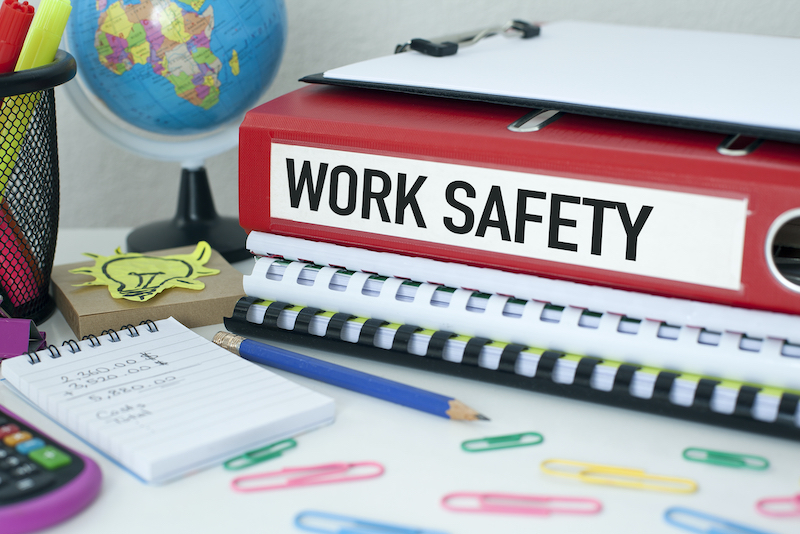Declaring that the health and safety of workers is a “national priority and moral imperative,” a new executive order by President Joe Biden seeks to reduce the risk of workers contracting COVID-19 in the workplace. According to the order, this will require issuing mask mandates and other “science-based guidelines” to help keep workers safe, partnering with state and local governments to better protect those who work in the private sector, enforcing worker health and safety requirements, and requesting additional resources to help employers protect their employees.
Protecting Workers From COVID-19 Under the Occupational Safety and Health Act
To protect workers from COVID-19 under the Occupational Safety and Health Act, the Jan. 21, 2021, executive order requires the Department of Labor to:
– Issue, within two weeks of the date of the order, revised guidance to employers on workplace safety during the COVID-19 pandemic;
– Consider whether emergency temporary COVID-19 safety standards regarding mask-wearing or other issues are needed and promulgate them by March 15, 2021;
– Review the Occupational Health and Safety Administration’s (OSHA) COVID-19 enforcement efforts to identify possible changes that would better protect workers and ensure equity in enforcement;
– Launch a national program to focus OSHA’s COVID-19 enforcement efforts on violations that put the most workers at serious risk or violate anti-retaliation principles; and
– Conduct a multilingual outreach campaign to inform workers and the representatives of their rights under applicable laws.
Protecting Other Workers From COVID-19
To protect other categories of workers from COVID-19, the order requires the Department of Labor to:
– Coordinate with states that have occupational safety and health plans approved under section 18 of the Occupational Safety and Health Act (the Act) to help ensure that workers covered by these plans are adequately protected from COVID-19;
– In states that do not have such plans, consult with state and local public employee safety and health officials and public employee unions to improve COVID-19 protections for public sector workers.
The order also requires the Departments of Agriculture, Labor, Health and Human Services, Transportation, and Energy, in consultation with “any other appropriate agencies,” to explore ways to protect workers not protected under the Act from COVID-19.
Finally, the order requires the Department of Labor to consider whether emergency temporary COVID-19 safety standards that apply to coal and metal or nonmetal mines are needed and implement them “as soon as practicable.”
Contact Counxel Legal Firm
If you would like to learn more, contact us at (480) 744-6621 or at request@counxel.com. Don’t forget to check out the good things that others are saying about the services they received from Timothy Coons on Google.
This article is intended for informational purposes only and does not constitute legal advice for your specific situation. Use of and access to this article does not create an attorney-client relationship between you and Counxel Legal Firm. Please contact request@counxel.com or (480) 744-6621 to request specific information for your situation.
*Conveniently located off the 101 Freeway and the US 60 in the middle of Phoenix, Scottsdale, Tempe, Chandler, Gilbert, Mesa, and Queen Creek!



